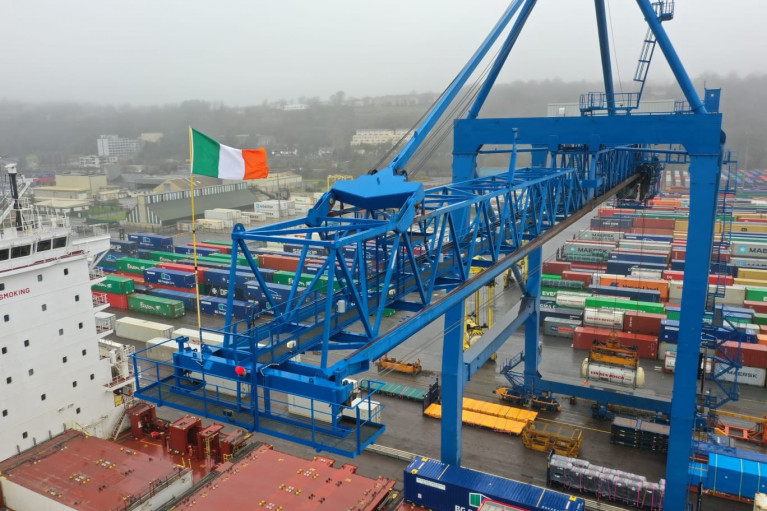Displaying items by tag: Stalemate: EUUK
Irish Exporters Association Says “Stalemate in EU-UK Talks Threatens Covid-19 Economic Recovery”
Irish Exporters Association's chief executive has commented that the ongoing stalemate in the EU-UK negotiations on a future partnership could severely counteract the ability of an export led COVID-19 economic recovery.
Following, the UK Government’s publication of how it intends to implement the Northern Ireland Protocol, including details on how it will fulfil customs arrangements in Northern Ireland, scepticism has arisen. The Irish Exporters Association has raised concerns that the UK’s proposal adds to the uncertainty that the Irish business community is currently faced with.
Chief Executive Simon McKeever commented: “The operation of the EU Customs code by UK officials in Northern Ireland will need further clarification and we await the outcome of the technical discussion next week. In the absence of any new customs infrastructure in Northern Ireland, I have concerns about how sufficient customs checks, that protect the integrity of the single market and facilitate the smooth functioning of an all-Ireland economy, can be carried out. This ambiguity just adds another layer of uncertainty that businesses have to contend with.
Ireland has come through previous economic crises, with exporters driving the recovery. While the origins of this crisis are like no other we have experienced, the recovery does require the same tactics as the past and must be export led. We have stepped up communication to our members on the progress, or rather lack of, in these important negotiations and will reach out to members to ensure that they are prepared.
Although it is most undesirable, the only notable point of the 30 June is that we will have a better understanding on what the trading situation will be with the UK from 1 January 2021. We then have 6 months to prepare and the Government of the day must take account of this in any economic recovery strategy. If the UK are to walk away from the negotiating table from 1 July, which seems the most likely outcome now, this is not in anyone’s interest and I have concerns on how this will impede Ireland’s economic recovery.“






























































